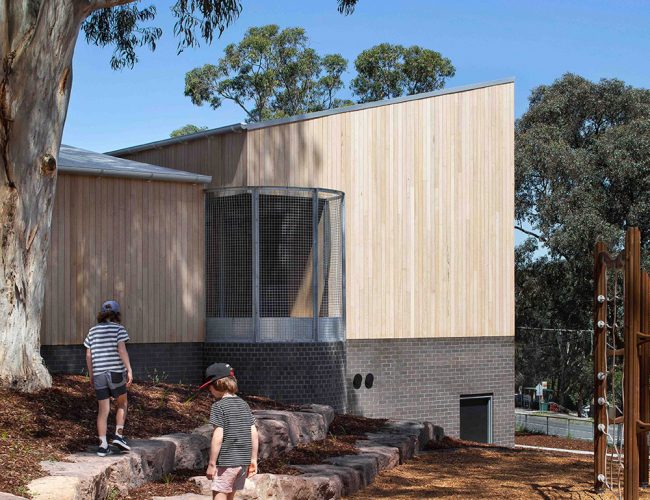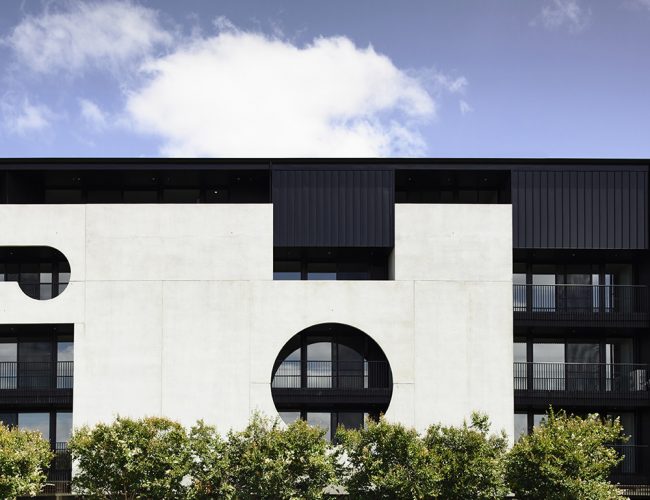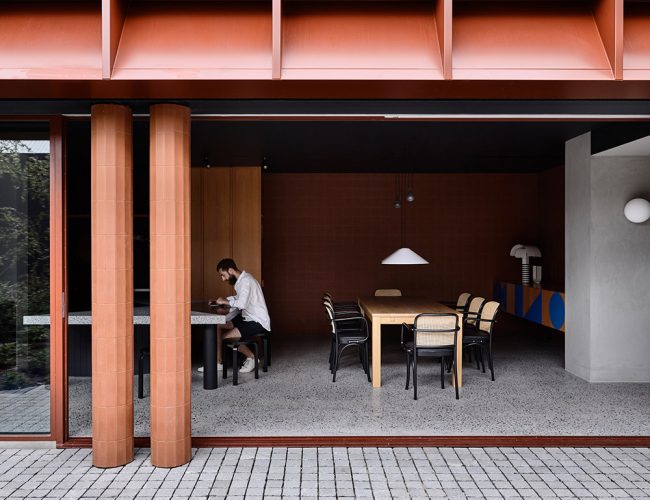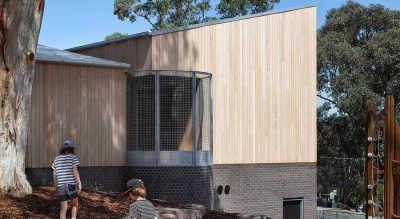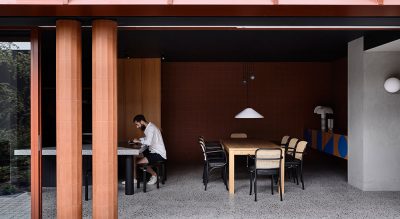Kennedy Nolan is a Melbourne practice established in 1998.
The work of the practice is generated though an investigation of how people want to live, work and learn. For us, the test of our work is that it results in people being inspired, fully-realised and happy. To make design which can do this, the practice has focused on building a solid team with shared values and respect and affection for each other. One of the great things about our team is that it has developed a common understanding about the importance of sustainability, about caring for and repairing our planet. Collectively we are searching for ways to positively impact the environment through every decision we make in our workplace and that helps to define our approach to design, which also remains committed to finding the nexus of utility and beauty.
Climate Change Action
Kennedy Nolan achieved carbon neutral certification on the 30/11/2020. To achieve this status and become carbon neutral Kennedy Nolan undertook the following process:
- Commissioned a NoCO2 audit from CRI to measure their carbon footprint for FY2020. CRI’s NoCO2 audit follows the standards outlined by the World Business Council for Sustainable Development’s Greenhouse Gas Protocol Corporate Accounting and Reporting Standard (1), in addition to the international standard ISO 14064.1 (2).
- Have committed to offset their unavoidable emissions through the purchase of units in approved projects under the Verified Carbon Standard (VCS) and Gold Standard, and
- Committed to ongoing annual auditing of their emissions.
What does Carbon Neutral Service Certification mean?
By meeting the requirements of the NoCO2 Program, Kennedy Nolan is certified as a Carbon Neutral Business by CRI; can be promoted and marketed as such and can display the NoCO2 Logo issued by CRI.
What Carbon Credit Projects does Kennedy Nolan purchase offsets from?
India Clean Energy from Biomass
The aim of Biomass projects is to utilize agricultural waste or other non-renewable biomass residues as fuel to generate power and to lower the plants’ dependence on the local grid for electricity. Before the implementation of the project, the electricity needs of such plants were met by power from a coal dominated grid. To meet the rising energy demands in production, a new efficient biomass boiler was installed together with a steam turbine, producing both steam and electricity. The new boilers are fuelled with locally available agricultural waste instead of traditional, emission intensive coal.
Before the start of the project, these agricultural residues were not used. They were either burned without harnessing the resulting thermal energy, or simply left to decay, thereby generating methane emissions. The plant’s steam and electricity requirements can be now supplied by the new cogeneration unit. The investment required for the installation of the new cogeneration unit could not have been raised were it not for the revenue from sales of carbon credits.
